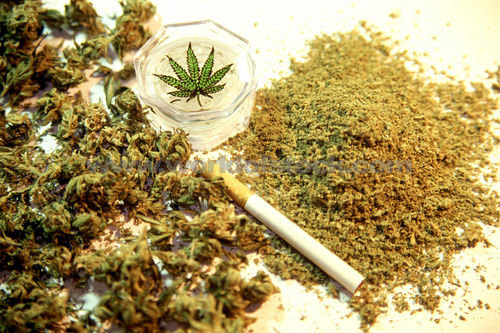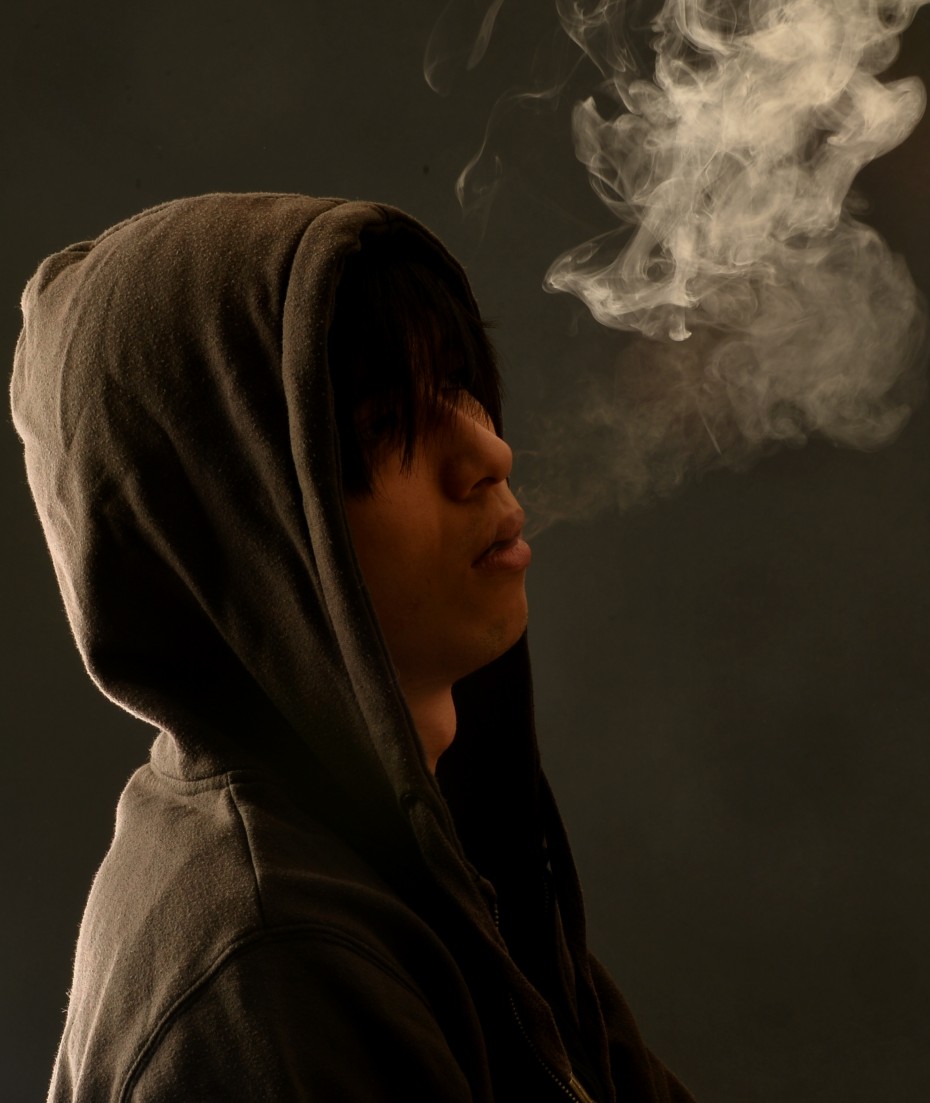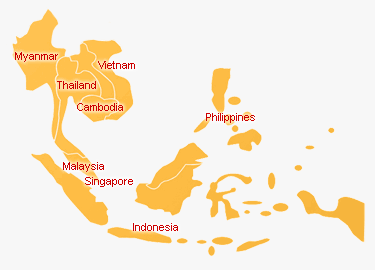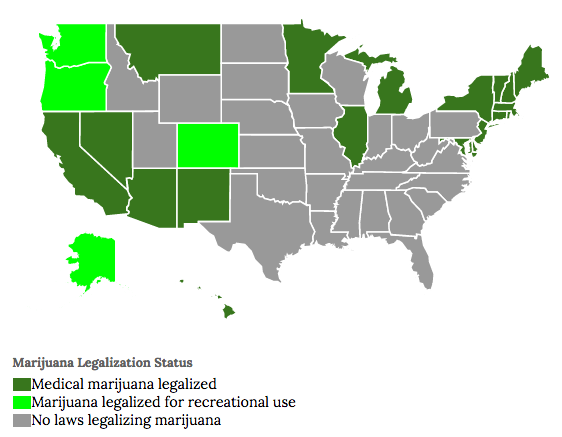Selangor Youth Rep Proposes Supervised Use Of Weed To Reduce Addiction Rates
He claimed that many youths in Malaysia do not even see marijuana as a drug.
A Youth Parliament representative has called on the Malaysian government to regulate the use of marijuana, which is also known as cannabis, weed or ganja
Muhamad Ridhwan Muhamad Rosli, who heads the Youth Parliament’s spirituality and religious committee, claimed that many youths have suggested this to him, especially as Malaysia recently ratified the Trans-Pacific Partnership (TPP) agreement along with 11 other nations, some of which legalise the use of the drug.
He went on the explain that many youths here do not even see marijuana, also known as weed or ganja, as a drug.
“Hold on, hold on. I am merely expressing the views of the youths that I meet at the grassroots,” he said after drawing thumps of support from the other youths in the Dewan Rakyat, which is being used for the sitting.
Muhamad Ridhwan emphasised that he was advocating for the regulation, and not legalisation of marijuana. He explained that if the usage of weed is supervised, there is a possibility that no one would be addicted to it.
"We are not asking for it to be legalised but supervised," he said.
At present, he noted that more than 60 percent of addicts are hooked on morphine and heroine, 30 percent on methamphetamine and only 8 percent on ganja.
"If we supervised the use of ganja, the numbers could be reduced to zero," he said.
While the Selangor representative made such bold claims, findings from scientific studies about the effects of marijuana are still being debated, as the results are most often conflicting with one another
Certain studies show that marijuana does not cause chemical or psychical addiction but some have argued that marijuana can cause psychological addiction.
Several recent studies have suggested that smoking marijuana is associated with physical changes in certain regions of the brain, both in terms of shape and volume, although they could not establish cause and effect.
One investigation even concluded that frequent marijuana use was associated with cognitive decline and a decrease in IQ. However, results have not been consistent throughout different studies.
Some investigations, for example, found that marijuana use is linked to a decrease in the size of certain areas of the brain, whereas others concluded that marijuana is associated with an increase in volume of the same areas.
Meanwhile, the current laws that are governing drug offences in Malaysia are being described as 'draconian'
The possession of drugs is seen as a serious offence in Malaysia. It is governed by the Dangerous Drugs Act 1952 that regulates the import, export, manufacture, sale and use of opium, dangerous drugs and related materials.
Capital punishment is the highest punishment for the offence. Under section 39B of the Dangerous Drugs Act, those in possession of 15 gm or more heroin and morphine; 1,000 gm or more opium (raw or prepared); 200 gm or more cannabis; and 40 gm or more cocaine will receive the mandatory sentence of death by hanging.
Punishment for lighter offences (those that are not considered drug trafficking) can range from imprisonment, rehabilitation to fines depending on the amount of drugs possessed and degree of offence.
Despite such stringent laws, an undercover story by The Star's R.AGE in November 2014 revealed that students in Malaysia actually have easy access to marijuana, which suggests that these laws have failed to deter drug tradings
Most marijuana users and small-time dealers we spoke to talk about a “peer-to-peer” system, where one or two daring students – who usually start out as recreational users – buy the drug in bulk and distribute it to their college/university-mates.
“I get my stock from a supplier from outside of my campus, and I basically help others who want some by buying it for them,” Sadhi (not his real name), who is a drug dealer, said.
“It’s all about friendship and sharing; it’s just the culture in colleges now. We all buy weed and get together to smoke up. The guy I buy it from doesn’t make a profit either,” another student claimed.
Malaysia is not the only country with such harsh laws as many other Southeast Asian countries are also well-known for having the strictest anti-drug laws in the world because they still retain the death penalty for certain drug offenses
Indonesia, Singapore, Thailand, Laos, Malaysia and Vietnam have laws that may punish drug offenders with the death penalty.
Philippines has imposed a moratorium on the death penalty while Cambodia has abolished the death penalty sentence altogether. However, the former still punish drug offenders harshly while the law enforcement in Cambodia is more lax.
In 2007 alone, 85 people were executed in Vietnam for drug-related offenses.
On the contrary, certain states in the United States have legalised marijuana. However, out of 23 states in the U.S. that have legalised marijuana, only 4 have legalised it for recreational use as the rest only allow for medicinal purposes.
“It’s mostly for medicinal use, to help patients with severe, debilitating pain. It can also help prevent seizures for those with epilepsy. We can’t deny its medicinal properties, but abusing it for recreational purpose can be dangerous,” Perdana University Graduate School of Medicine associate professor Datuk Dr Andrew Mohanraj said.
Even then, marijuana use for medicinal purposes is closely regulated in most legalised countries to avoid abuse. Only certain doctors are allowed to prescribe it.
“Society should not condone recreational use,” Andrew said.
“In Malaysia, we use methadone, a synthetic substitute for heroin. And even then, it is closely regulated.”






